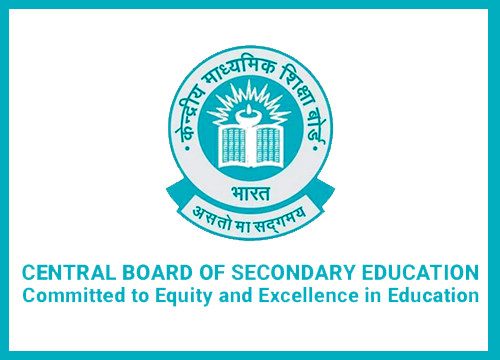IGCSE
The International General Certificate of Secondary Education (IGCSE) is an English language based examination similar to GCSE and is recognized in the United Kingdom as being equivalent to the GCSE for the purposes of recognizing prior attainment. It was developed by University of Cambridge International Examinations. The examination boards Edexcel and Oxford AQA also offer their own versions of International GCSEs. Students normally begin studying the syllabus at the beginning of Year 10 and take the test at the end of Year 11. However, in some international schools, students can begin studying the syllabus at the beginning of Year 9 and take the test at the end of Year 10.
The qualifications are based on individual subjects of study, which means that one receives an "IGCSE" qualification for each subject one takes. Typical "core" subjects for IGCSE candidates include a First Language, Second Language, Mathematics and one or more subjects in the Sciences.
Examination & Promotion Criterion
Cambridge IGCSE assessment takes place at the end of the course and can include written, oral, coursework and practical assessment. This broadens opportunities for students to demonstrate their learning, particularly when their first language is not English. In many subjects there is a choice between core and extended curricula, making Cambridge IGCSE suitable for a wide range of abilities.
Grades are benchmarked using eight internationally recognised grades, A* to G, which have clear guidelines to explain the standard of achievement for each grade.
Cambridge IGCSE examination sessions occur twice a year, in June and November. Results are issued in August and January.
Course Concept
Cambridge IGCSE is the world’s most popular international qualification for 14 to 16-year-olds. It is recognised by leading universities and employers worldwide and is an international passport to progression and success.
Mock Exams Available for
- Mathematics(Ext)
- Mathematics(Add)
- Physics(Ext)
- Chemistry(Ext)
- Biology(Ext)
- English(Ext)

